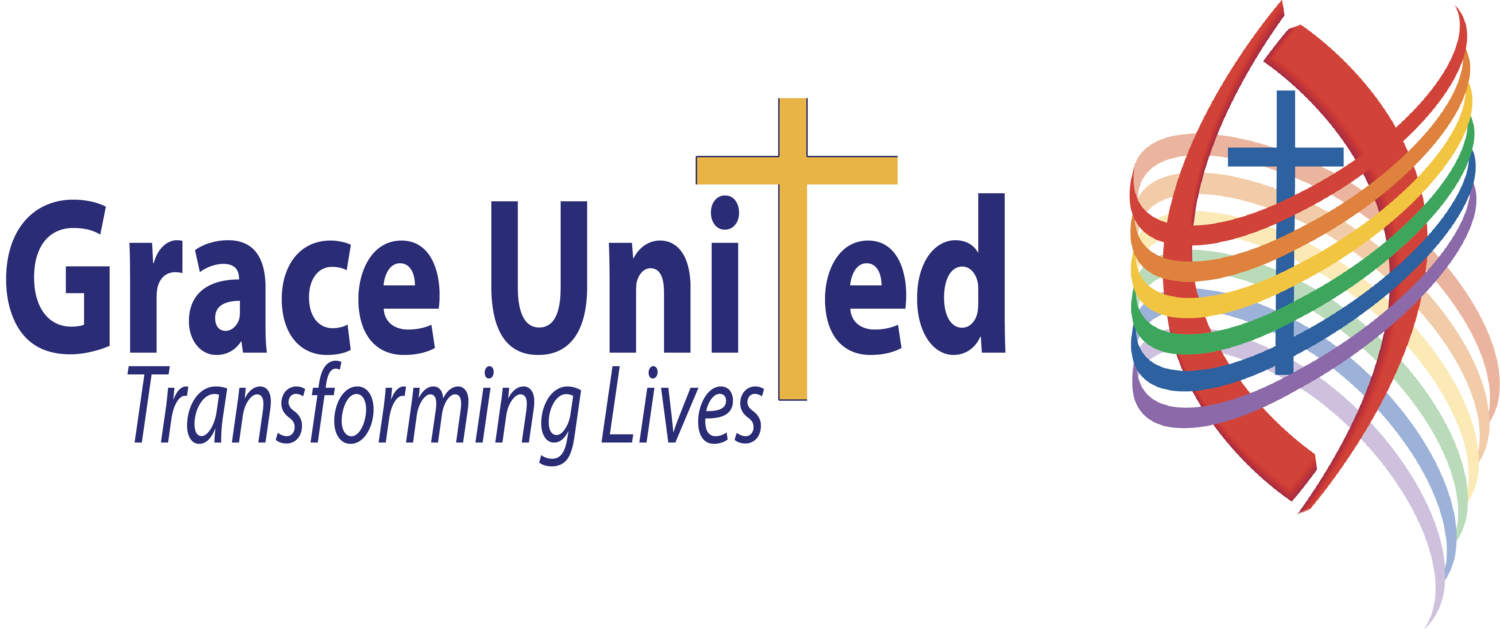The United Church of Canada is a Christian Church rooted in the Protestant (Reformed) tradition of its founding denominations; the Methodist Church, the Congregational Union of Canada and Presbyterian Church. At the time of its formation in 1925, the United Church of Canada broke barriers, as it was the first union of churches in the world to cross historical denominational lines and in many ways, it continues to break barriers as it seeks to understand what following the Gospel of Jesus Christ means. We have been blessed by addition unions since, the Wesleyan Methodist Church of Bermuda and the Evangelical United Brethren Church. As well we have “Full Communion Agreements” with the Christian Church (Disciples of Christ) in the United States and Canada and the United Church of Christ (USA).
As a Church, we believe in the primacy of Scripture (the Bible), that it is central to our faith and it was written by people inspired by God. However, we also believe that it was written at a particular time and place and we must understand what it is saying for our time and place.
The Preamble of the 1940 A Statement of Faith states “The Church’s faith is the unchanging Gospel of God’s holy, redeeming love revealed in Jesus Christ. It is declared in Scripture; … But Christians of each new generation are called to state it afresh in terms of the thought of their own age and with the emphasis their age needs.” As such, the United Church has stated afresh the thoughts of each new generation. A Song of Faith (2006) is a poetical statement of what the United Church understands its faith to be in the early 21st Century. A New Creed developed in 1968 with a last revision in 1995, is an affirmation of faith that we often use in our worship services. A Statement of Faith (1940) more fully developed the Twenty Articles of Doctrine (1925) that are part of our 1925 Basis of Union.
The United Church strives to follow the example of Jesus, to be inclusive church, welcoming to all. Age is not a barrier to participating in the sacraments and gender or sexual orientation are not barriers to be considered to become a minister.
The United Church has varying styles of worship but we all celebrate two sacraments, baptism and communion. These sacraments or rituals are symbols or outward signs of an inward grace, a chance to encounter the presence and goodness of God. Ordinary things of life like water, juice and bread are used in the words of A Song of Faith, to “point beyond themselves to God and God’s love, teaching us to be alert to scared in the midst of life.”
More about what we believe as a United Church can be found at this link.
The United Church of Canada is made up of more than individual churches or congregations. There are camps, campus ministries, chaplaincy (e.g., hospitals armed forces and correctional facilities), seniors homes, theological schools, education centres and more.
In the organizational structure of the United Church, the “first layer” or foundation is known as a community of faith - a community of people who gather to explore faith, worship and serve and have a covenantal relationship with the regional council. The next layer are regional councils, administrative grouping of communities of faith in a geographical area. These 16 councils comprised of ministers and laypeople oversee the work of the church in their area. Grace belongs to the Bermuda-Nova Scotia Regional Council. The final layer of governance is the General Council. General Council meets every three years to set church policy. Regional council elect ministry personnel and lay commissioners to be delegates to General Council. Between General Council meetings, General Council Executive and Sub-Executive govern.
The presiding officer for the General Council, its executive and sub-executive is known as the Moderator. This person is elected at each General Council until the following General Council. The Moderator can be either a minister or a layperson. Besides presiding over meetings, the Moderator gives spiritual leadership and is the public face of the Church. The current Moderator is The Right Reverend Dr. Carmen Lansdowne
